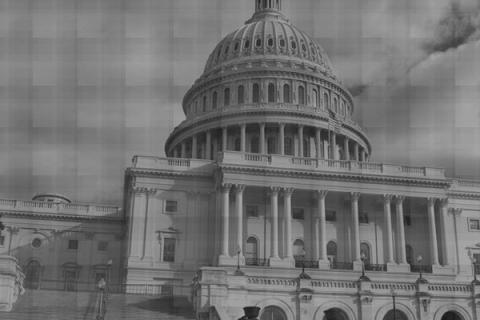Increasingly, we live in an age of all-or-nothing politics. Too often, lines are drawn in the sand as rigid ideological positions deny real opportunities for practical solutions to complex problems. A stalled democratic system is frustrating and counterproductive to the health of the body politic.
Currently we have an opportunity at hand to put forth three proposals, directly to the voters, to address some of the most urgent and fundamental problems facing California. There are three ideas being discussed in the political arena: Governor Brown and Democrat’s proposal to raise taxes, Governor Brown and Republican's proposal for pension reform and Republican’s proposal for a spending cap. My contention is, despite partisan opposition to various aspects of these three proposals, all three need to be put on the ballot in November, and let the voters decide in the marketplace of ideas. Let’s not rig the process to eliminate a range of choices. Let’s rig it for a full public discourse and vote of the people. The art of compromise is essential at this point to restore trust in our government, and ultimately, to revitalize our economy.
Here are the broad outlines of the three proposals:
California’s budget is completely upside down; the current budget deficit under the Governor’s proposed budget is $9 billion dollars and growing every day. Governor Brown and Democrats contend that more and higher taxes are needed to bring the budget into balance. Governor Brown recently reached an agreement with his liberal allies to put a tax hike proposal on the November ballot. The Governor’s tax hike would raise California’s sales tax by a quarter cent, and raise personal income taxes on wealthy taxpayers. Raising taxes is absolute anathema to Republicans, myself included. We contend that there is not a revenue problem, there is an out-of-control spending dynamic that rules lawmakers in Sacramento.
California is currently being swamped by hundreds of billions of dollars of pension debt to public employees. This ballooning and unsustainable debt threatens basic services for every Californian, jeopardizing funds for teachers, firefighters and police. After Republicans introduced their pension reform measure, SCA 13, Governor Brown brought forth his pension reform earlier this year. It calls for raising the retirement age, increased benefit contributions by public employees and creation of a “hybrid” model that combines traditional pension with a 401 (k) style defined benefits plans. In good faith, Republicans have introduced his reforms in both Houses. However Democrats are violently opposed to any pension reform, even one proposed by their own Governor. Republicans and Governor Brown are being denied a hearing on what many consider the most important fiscal issue facing California.
Finally, there is a spending cap proposal. It simply imposes a reasonable spending limit on politicians. It controls spending to increase no faster than the rate of inflation and population growth – spending can’t outpace revenue -- with extra funds going to debt repayment, cash reserves and education. Governor Brown and the Democrats contend that this is a “hard” spending cap that jeopardizes the state’s ability to pay for future needs. Though, then-Governor Brown did support a similar spending cap in 1979. Republicans point to decades of out-of-control spending as proof that such a cap must be imposed. If a family ran their household spending the way the state of California does – unrestricted spending with no regard to income -- it would spell financial disaster. Which is exactly the position California finds itself in today.
No one agrees on all of the proposals. However cherry picking the choices that voters have in November rigs the playing field for continued gridlock and fiscal disaster. Solutions delayed are solutions denied. Republicans and Democrats alike should all agree that all three of the proposals are on the ballot in November. Compromise doesn’t mean that either party abandons their principles; just that they do the business of the people that elected them to serve. The voters can then make an informed decision in November and California can get moving again.

